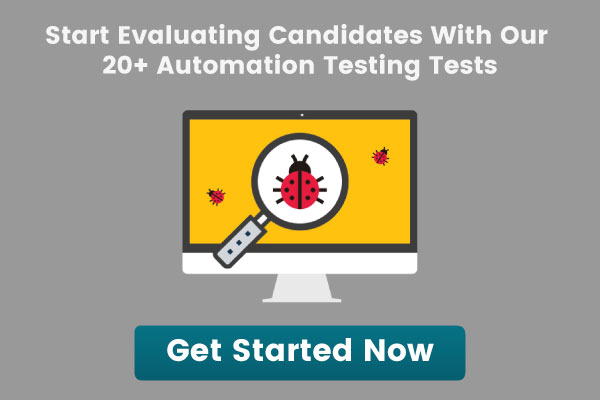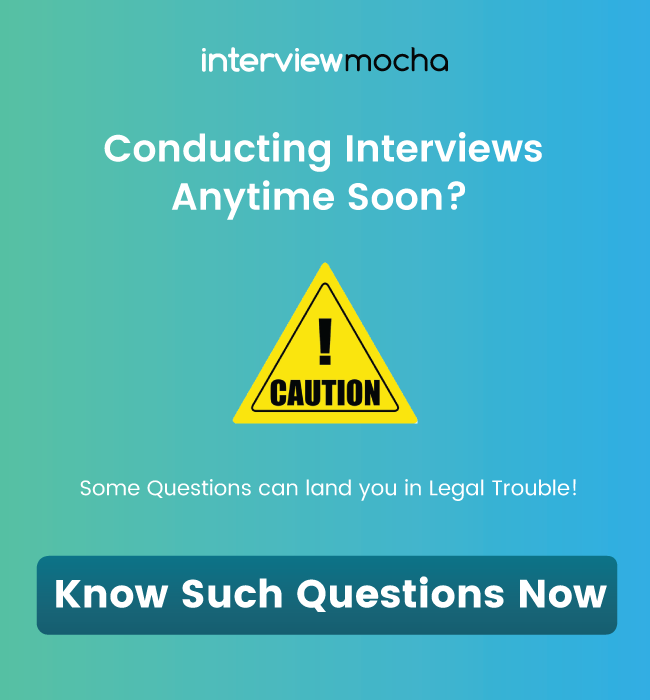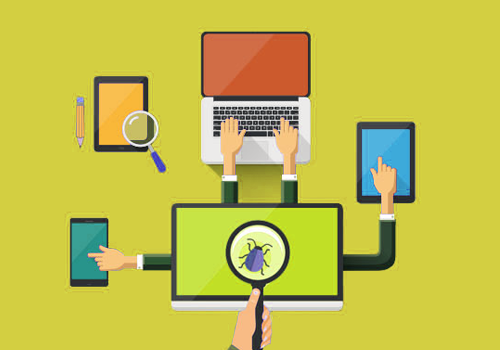
Are you a test manager, QA lead or recruiter assigned to building and growing your testing team? Or are you asked to find and recruit your company’s best next tester? I think I will be able to help you then.
Why is hiring testers such a challenge? Where are all the awesome testers hiding? How do you know whether a tester is awesome or not? Hiring good and experienced testers becomes more and more difficult. So the important question is how to evaluate and hire a dedicated tester?
iMocha, an online skill test platform, has come up with this article along with the interview questions, we will tackle the various stages of tester recruitment, namely: Assessing them. Interviewing them. Hiring them.
Step 1 – Look for the Software Tester Skills Set
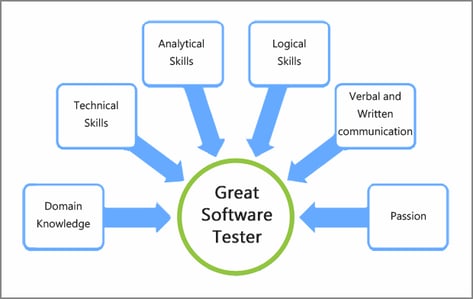
Have a clear understanding of what attributes are important for the role you’re trying to fill. If you want to hire the best testers for your team, it would be wise to spend some time figuring out what skills and attributes are most important to your organization. Take this as guidance, bookmark this and later on use it for your next hire. We also encourage you to explore the informative blog post titled "Roles and Responsibilities of a Software Tester."
Domain Knowledge – A tester should be the domain expert to understand the concept and basics of a software or application. He must have good knowledge of the domain of the application, to test it thoroughly. Obviously, a good tester should be well versed in writing test cases and test plan. He should be strong in requirement analysis, regression testing and bug isolations.
Test Automation and Technical Knowledge - They must have sound technical knowledge to determine which tests must be automated at which layer, execute tests on a constant basis, utilize the availability of various testing tools, provide worthwhile metrics to the organization and choose the appropriate and latest set of tools in order to help the testing effort.
Understanding of Multiple Testing Methodologies - In testing, there are many methodologies and techniques including manual testing, automated testing, security testing, and performance testing. Every company and project might use a different methodology, so it’s critical that a great tester understands how to apply these techniques.
Analytical and Logical Thinking – A great software developer must be able to analyze the given business situation and judge all the possible scenarios. He should be consistent in analyzing and solving complex, multi-step problems.
Good Communication Skills - A good software tester must have a good verbal and written communication skill. Testing artifacts (like test cases/plans, test strategies, bug reports, etc) created by the software tester should be easy to read and comprehend.
Now you need to figure out whether or not they’re right for your team, and whether they have the skills you’re looking for.
Step 2 – Test candidates before interviewing them

In the traditional interview scenario, once you interview a candidate then you will make a decision based on gut feeling. Then, you’ll spend the rest of the time looking for reasons to justify the decision you have already made. If you want a more scientific outcome, you need to move away from this model. I have a suggestion for ways you might proceed instead.
As an employer, you can easily evaluate candidate’s knowledge on various concepts and technologies with software testing assessment. imocha’s online test for software testing consists of questions and tasks whose difficulty matches the responsibilities the candidates for the job role you are hiring.
Assess software testing skills of candidates for Load Runner, QTP, Selenium, manual testing and more using imocha's validated online tests as well as candidate testing software.
LoadRunner Test - Use imocha’s online LoadRunner skills test to assess & hire qualified testers.
Selenium test – Assess the candidate’s knowledge with online selenium test which covers application-oriented questions to hire best software testers.
QTP Test - Quantify the skills of software tester with an Online QTP skills Test and identify potential software testers.
Mobile Testing Test - Evaluate candidates with Mobile Testing Test (Manual) and Online App test (Automation) to measure the app testing skills of candidates at all levels.
QA Assessment Test - Evaluate candidates with QA assessment test (Manual) and QA Online Test (Automation) to measure the advanced manual as well as automation testing skills of candidates to hire for a positin of software testing QA.
Selenium Webdriver Test- Assess candidates Selenium WebDriver automation scripts writing skills with our Selenium WebDriver online test.
Selenium Subjective Test- Selenium online subjective test helps to assess skills like Selenium Window alert, Saving a file, Selenium with Database connection, Websites response time, SQL injection in websites and more.
Appium Tool Test: Assess candidate’s competence on handling Appium tool for mobile app testing with our Appium Android online test and Appium iOS online test.
Cucumber Test: Use our Cucumber testing online test to assess skills like Cucumber development, reports, command line, debugging and more.
Jmeter Test: Assess candidate's skills like Jmeter -controllers, Scripting, Bean Shell Component, Thread Ground, Test Scheduler, HTTP Samplers, Result Analysis with our Jmeter online test.
QA Aptitude Test - As QA should possess strong analytical, logical, verbal and problem-solving skills in order to develop the bug-free solution, you must check his skills using our QA aptitude test and identify potential prospects.
You can always ask us to create a custom test for you. Our friendly support team will help you with a customized test as per your job description. Moreover, these tests are highly secure and can be taken from any part of the world as long as there is an internet connection. So, what are you waiting for? Choose our online testing software and start testing candidates now!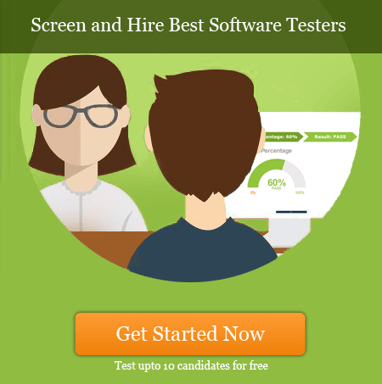
Step 3 – Software Testing Interview Questions
In order to hire a passionate software tester, don’t just focus on the experience, but more importantly, gauge their logical and critical thinking skills. I have compiled some good questions to ask a potential prospect that can help you to assess the candidate’s testing & automation skills and behavioral & character traits.
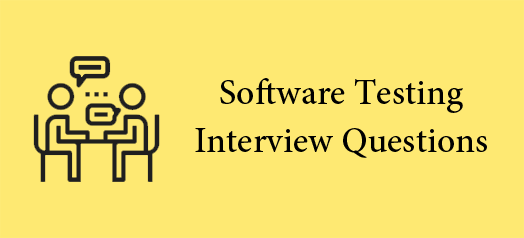
1. Explain stress testing, load testing, and volume testing.
2. How can software QA processes be implemented without stifling productivity?
3. How to handle the low frequency issues during you testing?
4. Give me five common solutions for software developments problems.
5. When do you choose automated testing over manual testing?
6. How to overcome the challenge of not having input documentation for testing?
7. How to launch the test cases in Quality Centre and where it is saved?
8. Inconsistent bugs – Why onsite can find it but offshore can’t and vice versa – How to handle this situation?
9. Please provide information (an example) of your experience testing Linux and UNIX environments (including a type of system tested, how tested, actual commands and steps used for test) Testing applications using Linux and UNIX.
10. How do you decide which tests to automate? Which tests don’t you automate, and why?
11. How do you create a test strategy?
12. How do you make sure that it is quality software or product?
Apart from these technical questions, ask these following questions to find out more about candidates software testing experience.
13. What are the tools used by you while testing?
14. How have you successfully helped launch a product?
15. What process are you using for testing currently? Can you describe how you might improve it?
16. What challenges they came across and overcame? Can you tell me about some specific software testing challenges you’ve faced, and how you overcame them?
17. Do you measure how effective (or not) your testing is? What metrics do you use?
18. How to handle a situation when you don’t have time for complete testing?
19. Have you automated any of your tests? How?
20. Tell me which one the Most Critical Bug you find in your Life? What was the Severity? How it influenced?
21. What’s your favorite testing tool? Why? If some technical constraint meant you were unable to use it, what would you do instead?
22. How you coped with having to learn any new skills?
Food for Thought
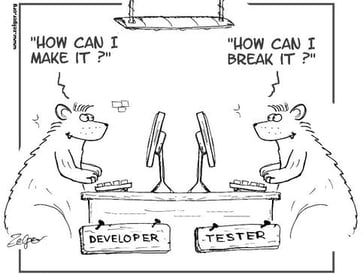
Software not only involves manual testing, but its scope widens to performance analysis, security analysis, writing test automation, security frameworks etc. This makes a tester’s role crucial. So consider them at par with the developers.
I could go on and on about this. It’s not meant to be a fully comprehensive guide. I hope this will give you some food for thought and perhaps you can look at your current hiring process and choose a few small things that could potentially be changed.


